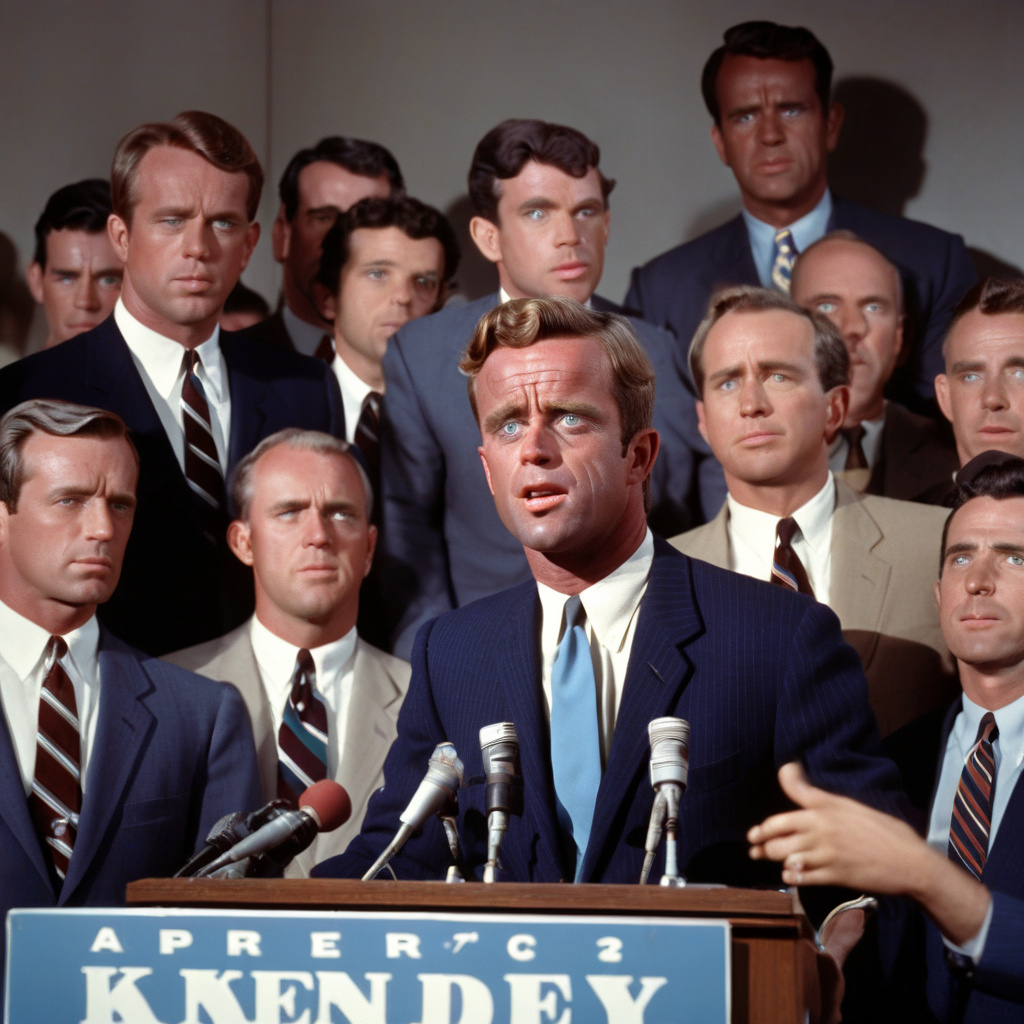RFK Jr. and FDA Urge Food Companies to Phase Out Artificial Dyes
In a significant move that has garnered attention from consumers, health advocates, and industry stakeholders alike, the U.S. Food and Drug Administration (FDA) has issued a directive urging food companies to phase out artificial dyes in their products. The initiative, championed by Robert F. Kennedy Jr. (RFK Jr.), emphasizes the importance of consumer safety and transparency in food labeling. The FDA has set a deadline for food manufacturers to replace artificial dyes with natural alternatives by the end of 2026.
Artificial dyes have been a staple in the food industry for decades, providing vibrant colors to everything from candies to sodas. However, growing concerns about the potential health risks associated with these synthetic additives have led to increased scrutiny. Studies have linked certain artificial colors to hyperactivity in children, allergic reactions, and other health issues. As a result, both consumers and regulatory bodies are calling for a reevaluation of these practices.
RFK Jr., an environmental attorney and prominent activist, has been vocal in his opposition to artificial dyes. He argues that the current food system prioritizes profit over public health, leading to the widespread use of additives that may pose risks to consumers. In his advocacy, RFK Jr. has highlighted the need for transparency in food labeling, allowing consumers to make informed choices about the products they purchase.
The FDA’s announcement aligns with a broader trend within the food industry, as many companies are already seeking to reformulate their products in response to consumer demand for cleaner and safer ingredients. Major food brands like Kraft and General Mills have begun to phase out artificial colors in favor of natural alternatives, such as beet juice, turmeric, and spirulina. These natural dyes provide a safer option without sacrificing the visual appeal that consumers expect.
The phased transition to natural dyes poses challenges for food manufacturers. Natural alternatives often come with limitations in terms of color stability and shelf life. For instance, beet juice may provide a beautiful red hue, but it can fade over time, especially when exposed to light. Companies will need to invest in research and development to create formulations that maintain both the aesthetic qualities and the flavor integrity of their products.
Moreover, the shift to natural dyes can also impact production costs. Natural colorings can be more expensive than synthetic options, which may lead to increased prices for consumers. However, many market analysts believe that the potential for long-term consumer loyalty and trust outweighs the initial costs. As consumers become increasingly aware of health issues related to food additives, companies that prioritize natural ingredients may find themselves in a competitive position.
The FDA’s directive also emphasizes the importance of time for food companies to adjust their formulations. With a deadline set for the end of 2026, manufacturers have a clear timeline to phase out artificial dyes. This period allows for adequate research, testing, and consumer education. It also provides a platform for industry collaboration, as companies can share insights and best practices for transitioning to natural alternatives.
Consumer sentiment plays a crucial role in this shift. A recent survey indicated that a significant majority of consumers are in favor of eliminating artificial dyes from their food products. This trend reflects a growing awareness of health and wellness, as consumers seek to understand the ingredients in their food better. Companies that respond to this demand will likely enhance their brand reputation and build a stronger connection with their customers.
As food companies begin the transition away from artificial dyes, it is crucial for them to communicate these changes effectively. Transparency in labeling will be paramount; consumers should be able to easily identify products that contain natural dyes versus those that still use artificial alternatives. Clear messaging not only builds trust but also educates the public on the benefits of natural ingredients.
In conclusion, the call from RFK Jr. and the FDA for food companies to phase out artificial dyes marks a pivotal moment in the food industry. With a deadline set for the end of 2026, companies have the opportunity to innovate and prioritize consumer health. By transitioning to natural alternatives, food brands can enhance their market position while responding to a growing demand for cleaner, safer food products. As this shift unfolds, the focus on transparency and consumer education will be essential for success in an increasingly health-conscious marketplace.
#RFKJr #FDA #ArtificialDyes #NaturalAlternatives #FoodSafety
